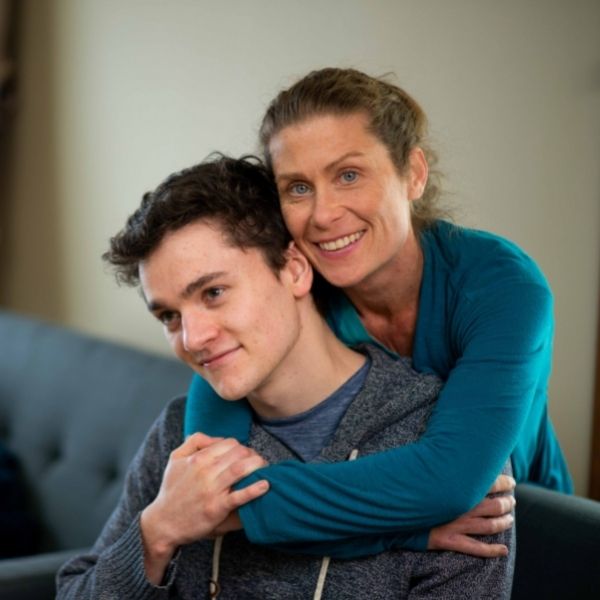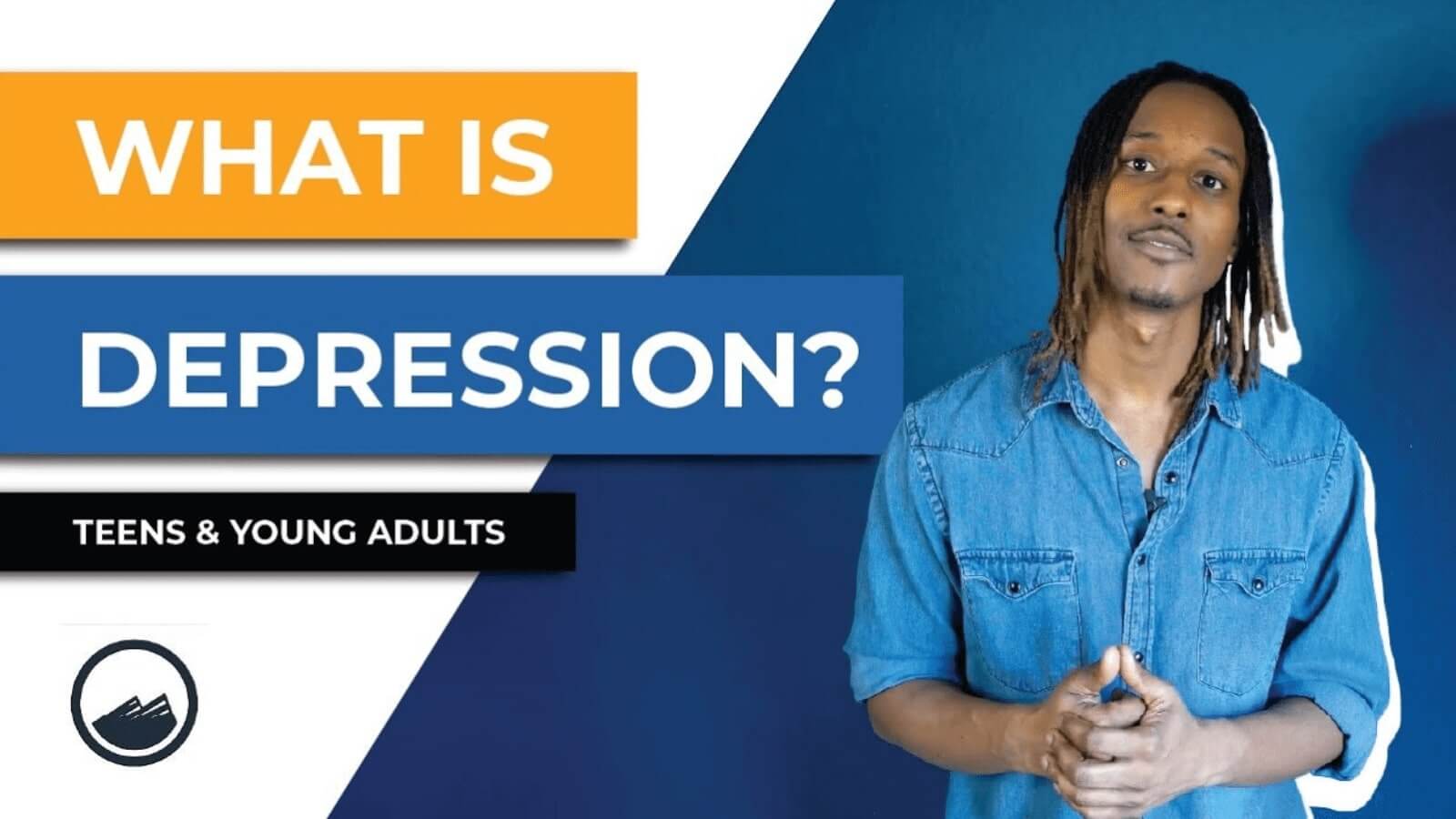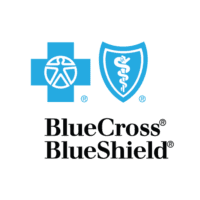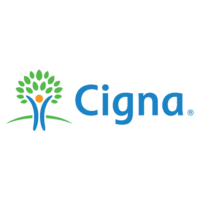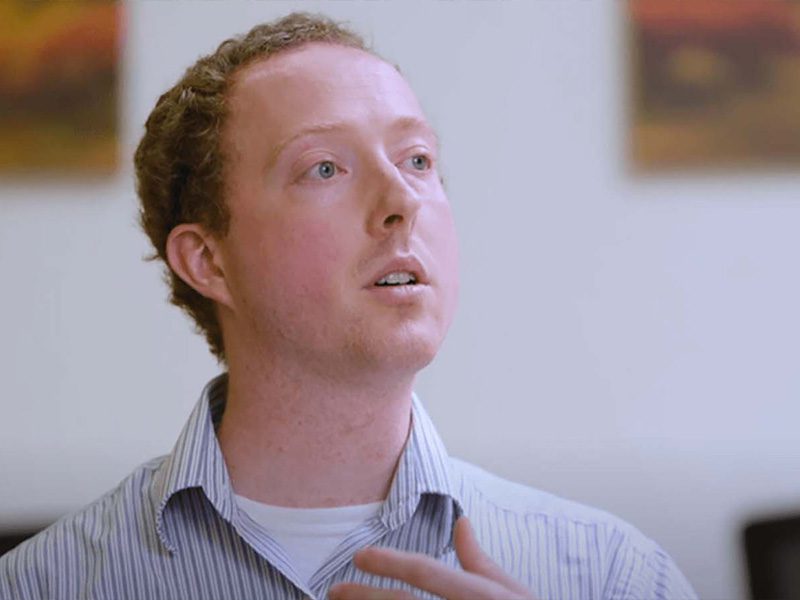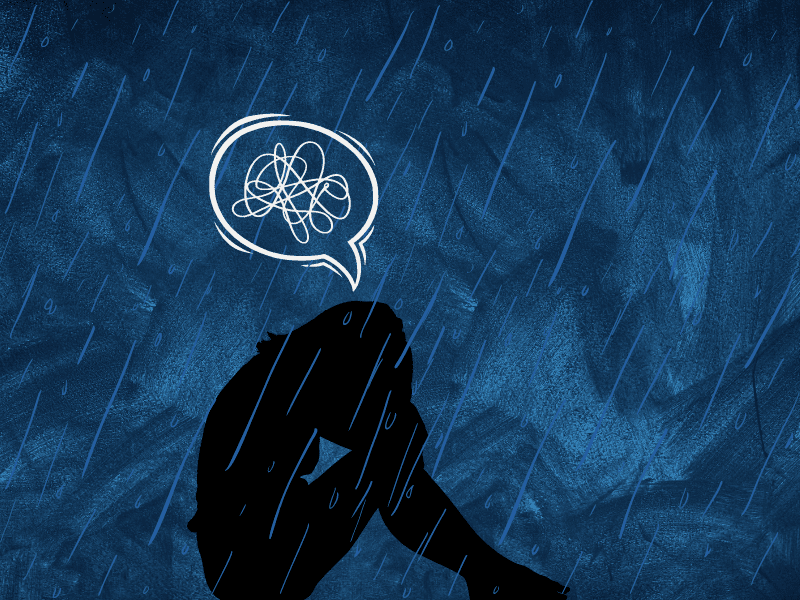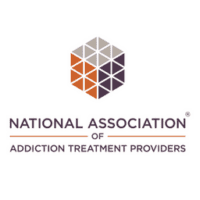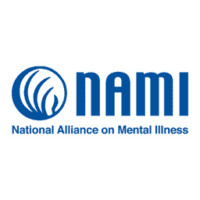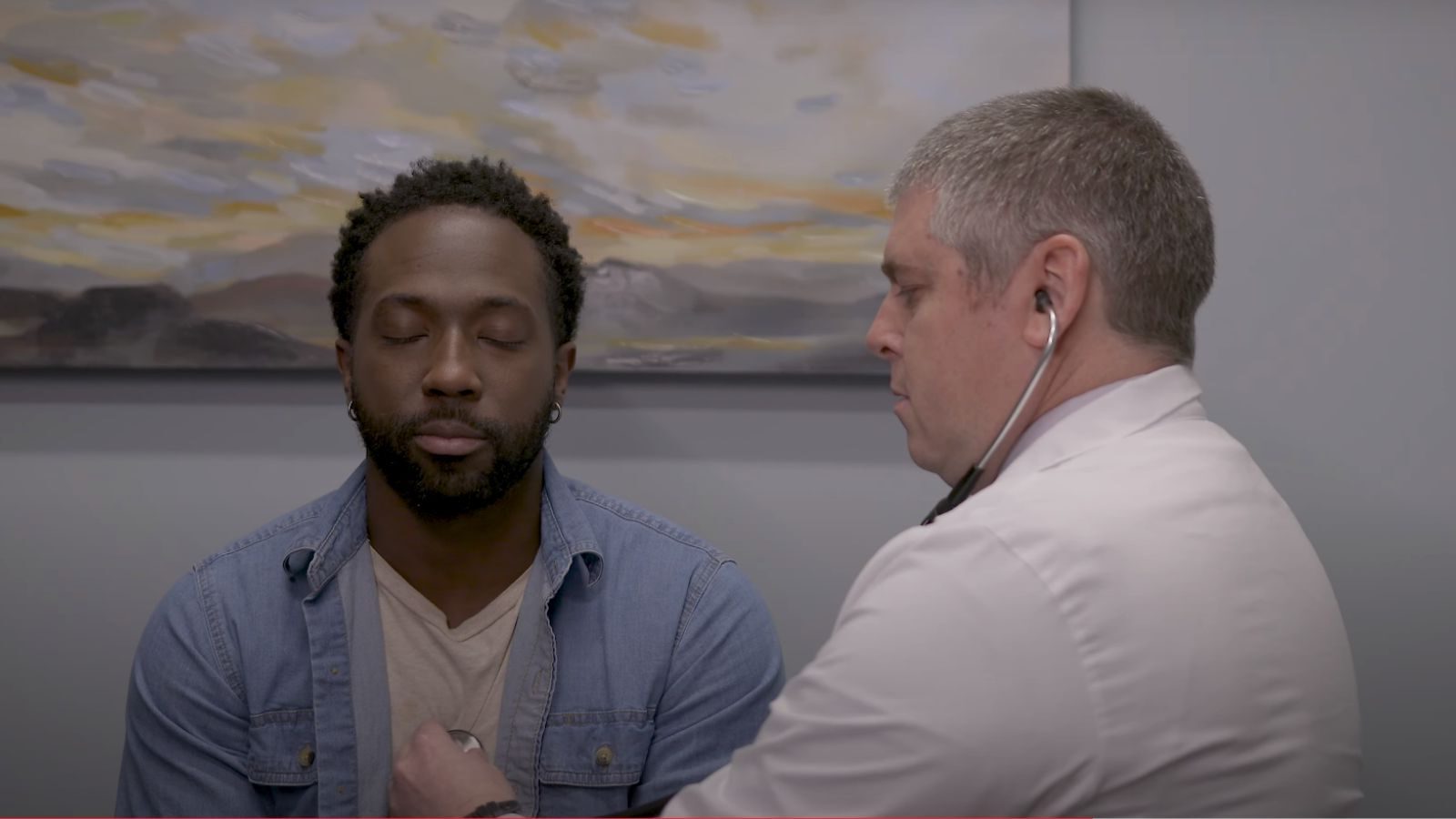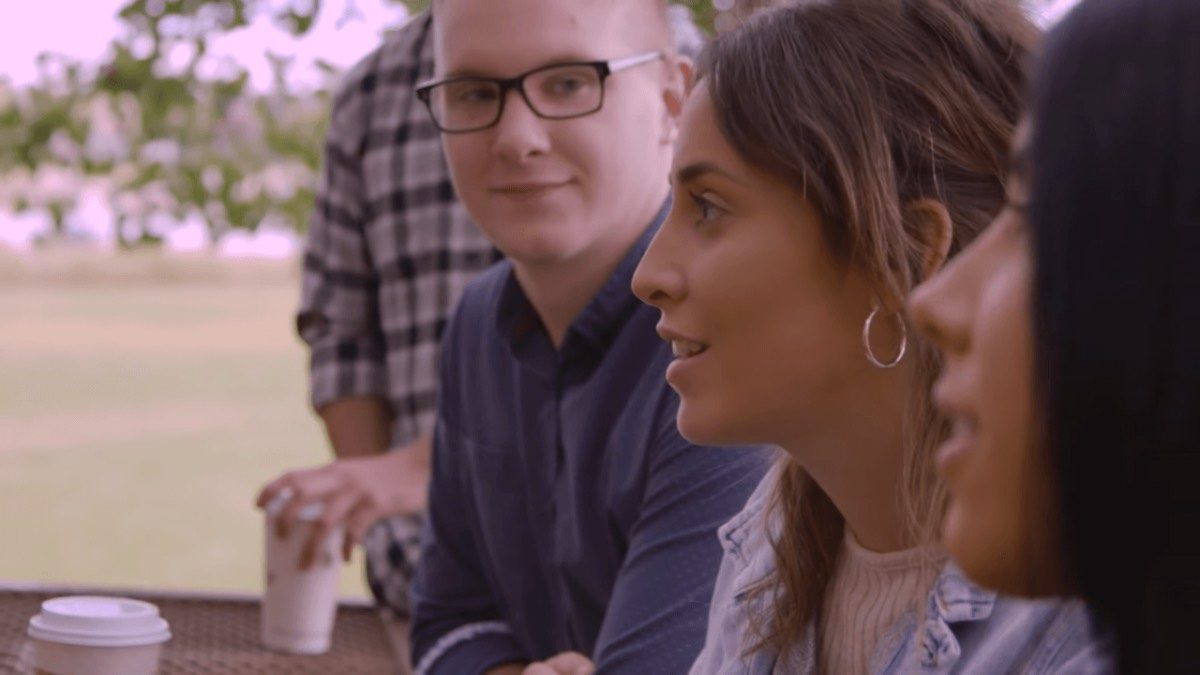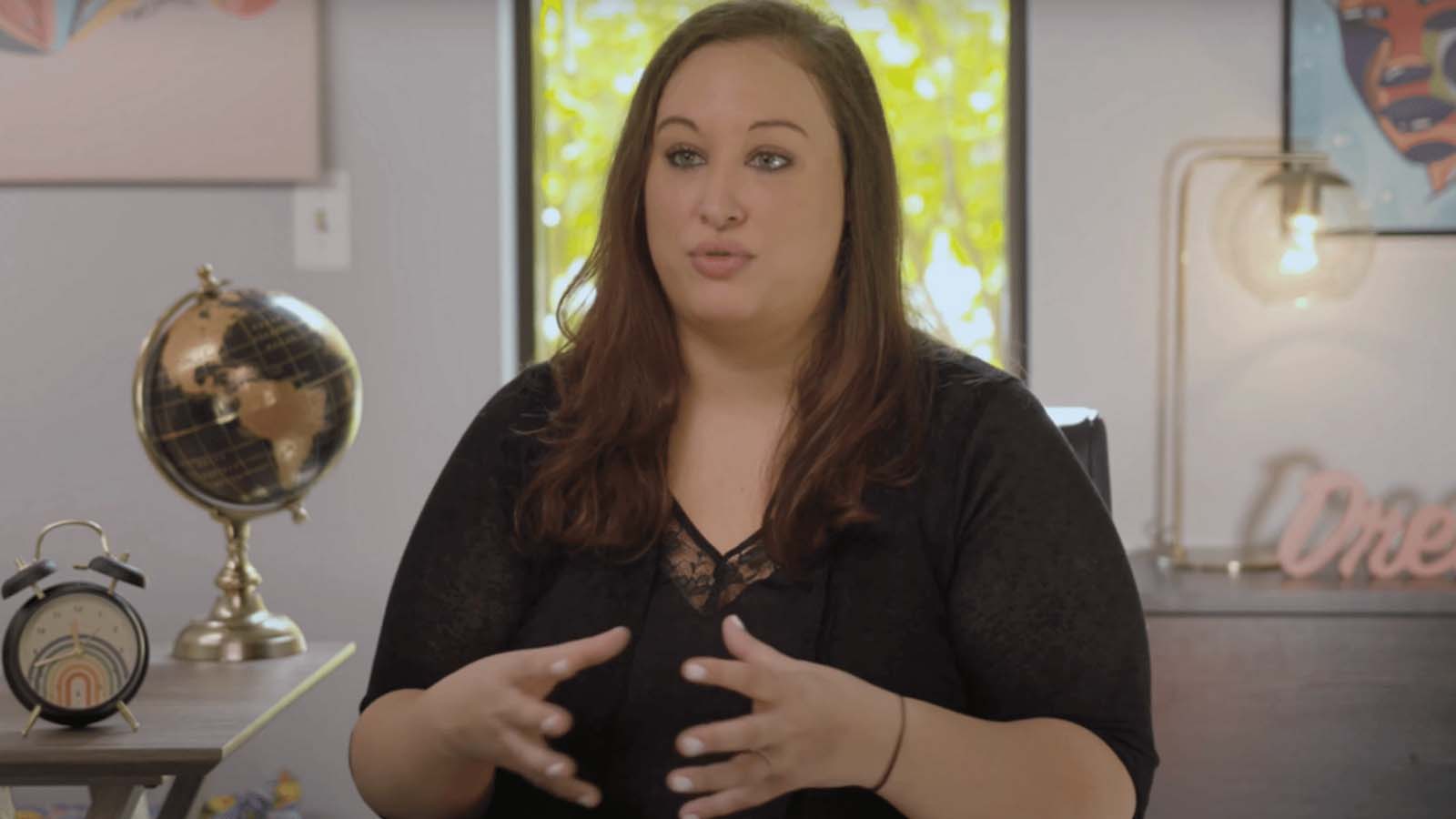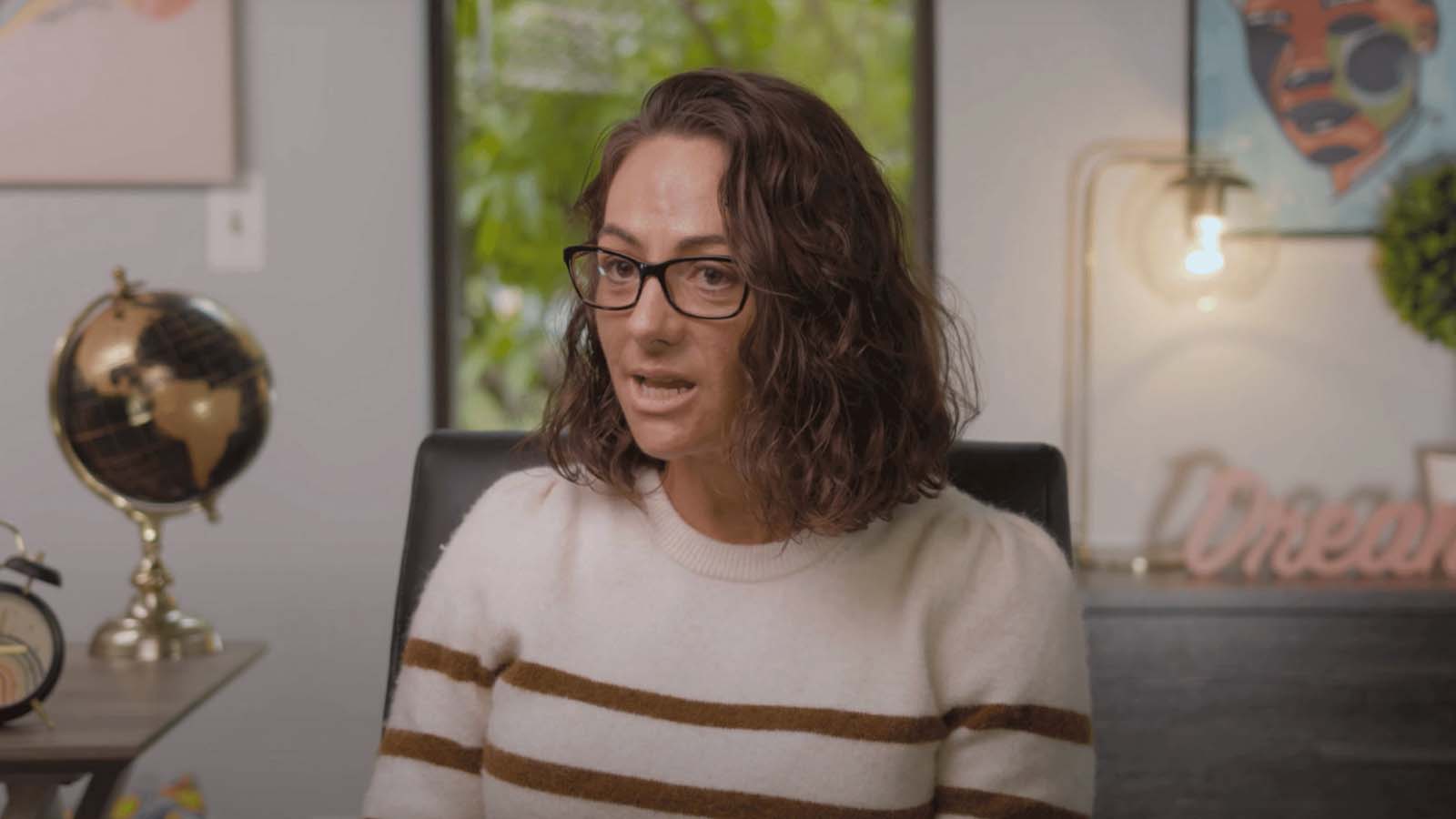How do I know if I need depression treatment?
When negative thoughts or feelings affect your life over time, it may be time to reach out for professional help.
For example, persistent depressive disorder involves a depressed mood that lasts for at least two years. A person may experience episodes of major depression followed by less severe symptoms.
Seasonal affective disorder involves depression during the winter but usually subsides during spring and summer.
If you believe you or a loved one may have depression, it is important to reach out to your health care provider to receive a proper diagnosis.
Can you completely treat depression?
There is no cure for depression, but various treatment options are available for young adults and anyone struggling with mental illness.
Treatments can help make the symptoms of depression more manageable, improving a person’s quality of life.
Through behavioral therapies, young people can learn healthy coping mechanisms and life skills needed to live a healthy, balanced, and sustainable life.

